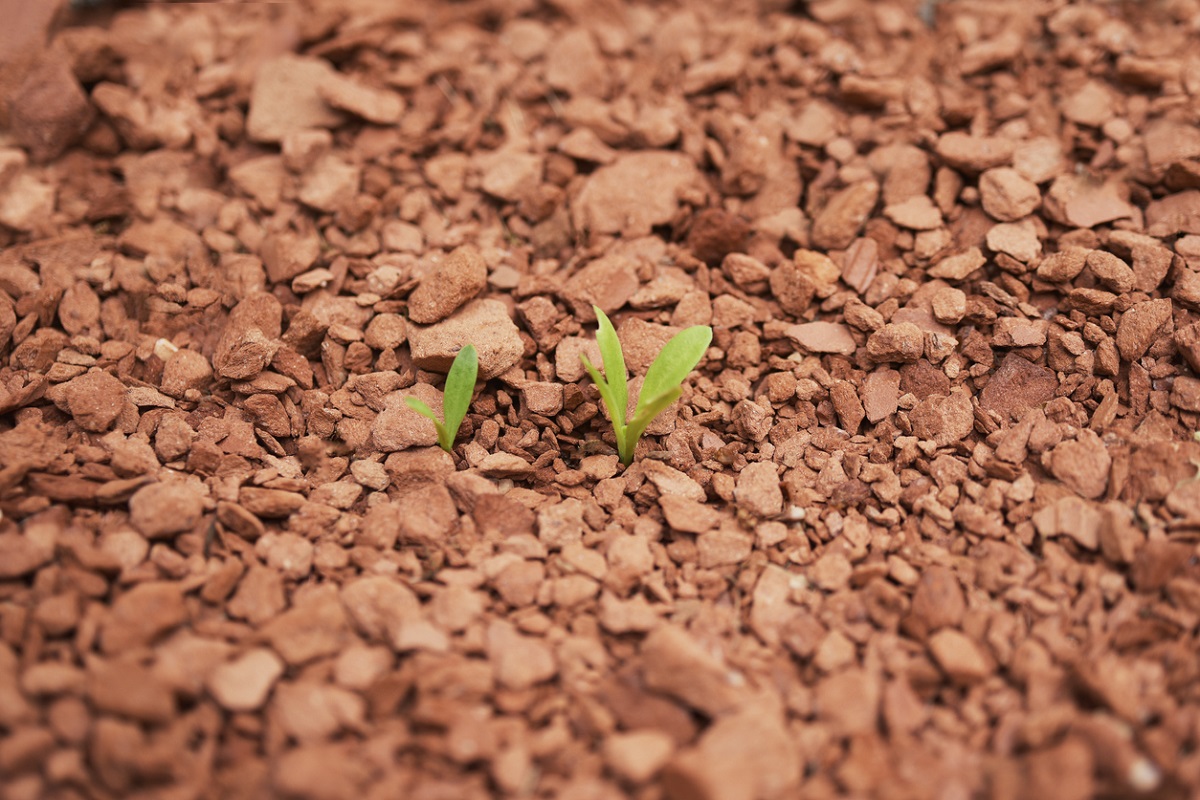
Growing Crops on Mars Possible With Gene Editing
March 22, 2023| |
Recent exploration missions have found evidence that the planet Mars can support the introduction of biomass for food production. But combatting the stresses that the planet's surface may need some aid from crop genome editing.
Mars was found to have the elements to help plants grow on it. The planet has water, regolith, light, and carbon dioxide. While its regolith, which is the planet's rocky surface above the bedrock, is the more challenging factor, simulated studies still found that it can support plant growth. Thus, researchers from Arkansas in the United States proposed to plant rice on the Martian surface.
During the study, researchers noted that germination and growth of rice on the simulated Martian regolith suggested that the water holding capacity, mineral compositions, soil PH level, particle size, essential minerals, and other physical and chemical characteristics of the regolith can support rice plant development. However, the level of magnesium chloride content of the soil was found to be detrimental to rice germination. To resolve this, the researchers suggested editing the SnRK1A gene of the rice to trigger a cascade of stress-related mechanisms. This may possibly change and improve the plant's response to the Martian soil to magnesium chloride.
The initiative is a more practical and affordable way to use the resources of planetary bodies to sustain the food supply of space exploration programs as opposed to expensive resupply missions.
Read the rest of the research details presented during the 54th Lunar and Planetary Science Conference 2023 to learn more.
| |
You might also like:
- UALR Tomato: Potential for Drought, Disease Resistance, and Space Agriculture?
- Bacterial Strains Isolated in International Space Station Could Help Grow Plants in Mars
- IAEA and FAO Send Seeds to Space
Biotech Updates is a weekly newsletter of ISAAA, a not-for-profit organization. It is distributed for free to over 22,000 subscribers worldwide to inform them about the key developments in biosciences, especially in biotechnology. Your support will help us in our mission to feed the world with knowledge. You can help by donating as little as $10.
-
See more articles:
-
Gene Editing Supplement (March 22, 2023)
-
Research and Tools
- Startup Develops Better-tasting Yellow Peas Using CRISPR
- Gene Editing Technology to Fight Corn Disease
- Growing Crops on Mars Possible With Gene Editing
- Improved Editing through CRISPR-targeted Transposable Element Insertion
- Scientists Disable Protective Gene In Mosquitoes Using CRISPR-Cas9
- Gene Knockout Produces “Gentle” Mackerel
-
Read the latest: - Biotech Updates (January 21, 2026)
- Gene Editing Supplement (January 28, 2026)
- Gene Drive Supplement (February 22, 2023)
-
Subscribe to BU: - Share
- Tweet

